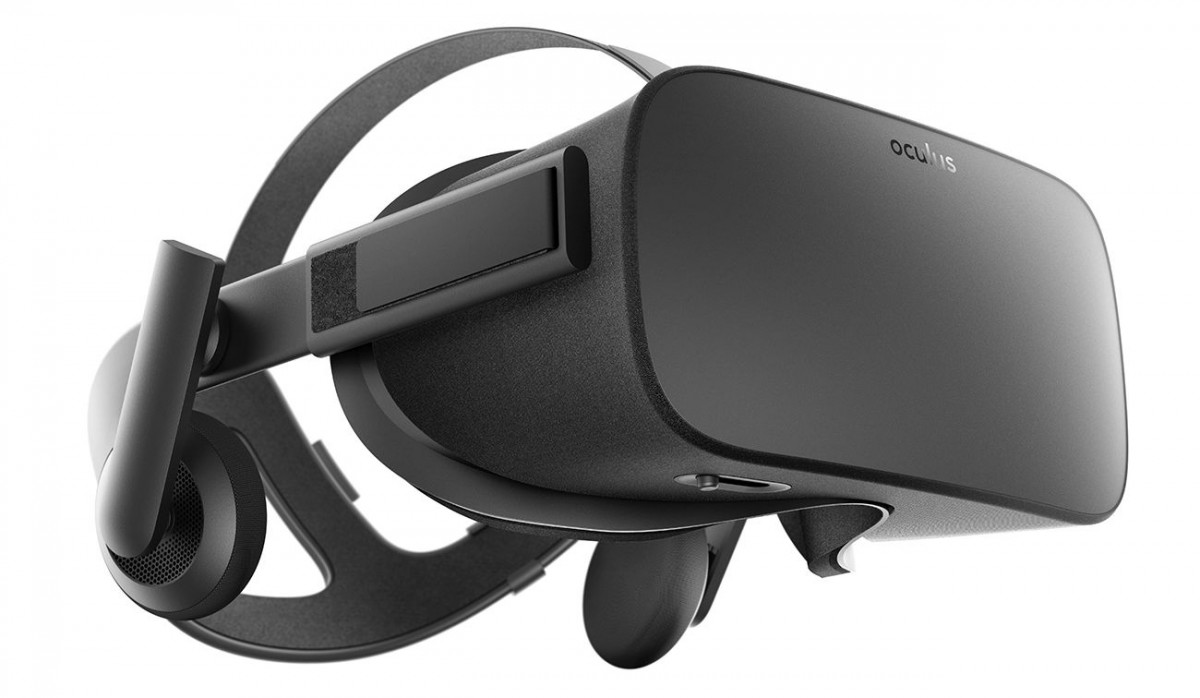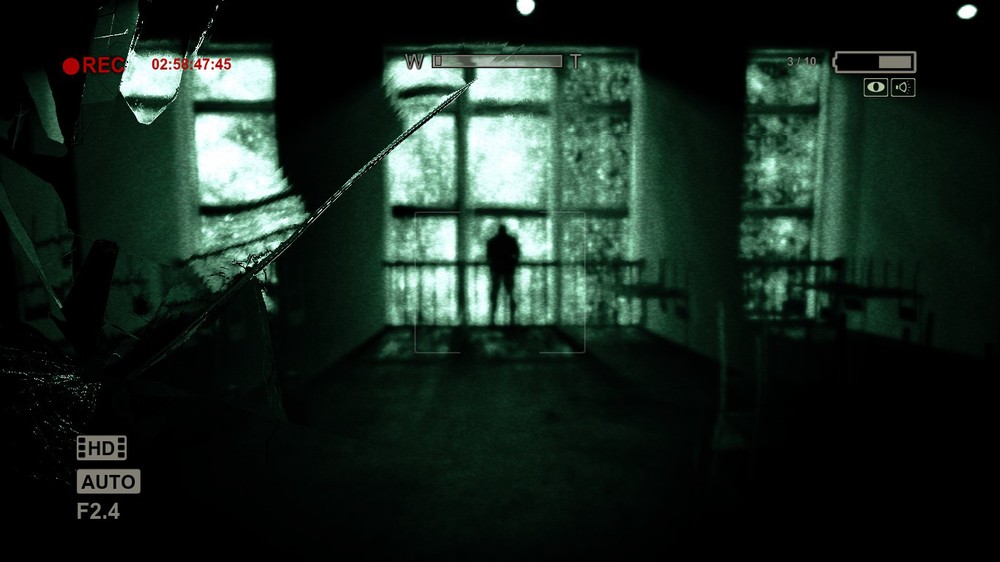Sight and sound. These are the senses that games feed upon to keep us invested in them. Horror games are especially reliant on these, as the scare factor needs to be on a constant high — meaning everything you see and hear has to be meticulously crafted in such a way to keep you on edge.
That’s why horror games have benefited so greatly from VR technology. The likes of the Oculus Rift and HTC Vive have placed gamers right in the heart of the action so that the tension felt in the game is amplified to extreme levels. Feeling like you are really there in that haunted mansion makes those ghostly figures in the distance just that bit more real and ultimately terrifying to encounter.
Despite this revolutionary technology, many horror games are still tethered to our TV or PC screens as we play them well within the comfort of our own homes. The illusion of being in the shoes of the in-game character is somewhat broken as we can physically perceive the environment around us that isn’t the game environment. But VR keeps us fully immersed by filling our peripheral vision with nothing but more game world. It manipulates and magnifies our two fear senses so that the focus is solely on the game.
Obviously, VR is the way to go for horror. But it’s just not an option for every game or developer. Which makes us wonder…are horror games that aren’t adopting VR technology ever going to keep up?
We all know immersion is king in horror games.
And VR wins out nearly every time on that front.
Developers must pull the player into the world they have created in order to even have a chance of frightening them. Without being fully immersed in the game, there is no way that any kind of impressive scare will be pulled off successfully.
So to do this, developers will deliberately put more emphasis on the aesthetics and sound design of a title — probably much more so than any other genre. The mutterings of an unknown presence beyond what can be seen, the creaking of a floor board, the overly dark corner of a room…it’s all been made that way so that you will feel immersed in the experience immediately upon starting the game. Think of games like Outlast and Amnesia and their use of a hand-held camera, unreliable lighting, and terrifying creatures. It’s all for the sake of that key ingredient — immersion.
Now imagine that darkness, those mutterings, and that creaking amplified. VR takes away all distance from your screen and enacts the visual equivalent of shoving loud earphones straight down your ears. Everything is blocked off apart from you, the game, and these two senses. All you can see is the darkened room, and all you can hear is whatever ghastly presence is headed your way. Simply imagining it can make the hairs of your arms stand on end — the prospect of experiencing this in VR is that bloodcurdling.
But non-VR games have the advantage of being well-established in a long tradition of craftsmanship.
With the natural advancement of technology, standard console systems are also moving forward in their own way to enhance our gaming experience. Graphical quality and sound design are better than they’ve ever been — and evolving rapidly as developers put their minds to bigger and bigger goals.
We’re used to experiencing games in this setting, so creators have to do a lot more work to keep players engaged while they’re staying at the screen. But with so much innovation happening in games today, having your favorite teddy squarely in sight won’t always stop you from wetting yourself as you delve further into that new horror game.
VR might be a new medium that offers a fresh experience, and of course every horror fan will want to try it out on their favorite game at least once. But it’s worth keeping in mind that it’s also a novelty. Not every gamer can afford VR, and not every system is capable of handling its technical demands. In that sense, VR has a long way to go before it makes the screen horror experience obsolete.
But even beyond that, we should remember that once the novelty of the immersive experience wears off, VR devs will struggle with the same thing that normal horror devs are now — how to bring a new experience to a medium that’s already saturated with content.
VR as we know it today is an overload of sensory amplification.
The senses with which we experience horror games are magnified to an almost abnormally high state, so everything we hear and see feels so much scarier than they would if we were to play the game in the conventional way.
It’s a gamer’s dream — a fantastic novelty for our age. There’s no doubt about that. But more realistically speaking, it’s going to take some time before VR really takes off and becomes accessible to a broad enough audience that its presence really starts to affect how the rest of the industry approaches development.
Are all horror games in need of a VR upgrade to keep up? Maybe years (and even more years) down the line. But for right now, scares are still right at home on the PC or TV. The developers creating them may just have to do a little more work to keep us hiding behind the pillow first.










Published: Apr 7, 2017 08:56 pm